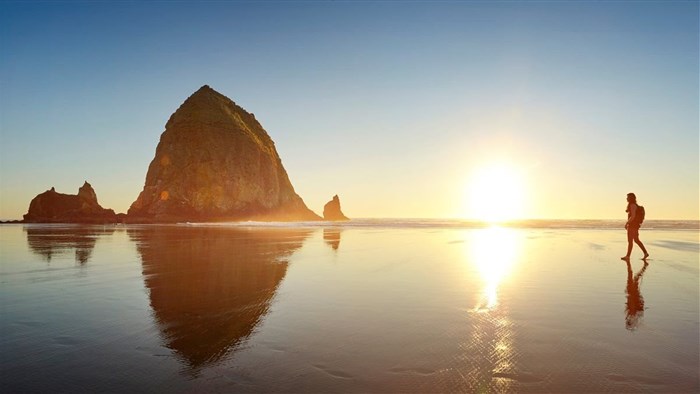As the skies reopen and borders become more relaxed over the end-of-year holiday period, many of us hope that foreign travellers will inject some much-needed cash into our tourism sector. And while any travel activity is better than none, it's realistically going to take another two or three years before we see anything resembling pre-Covid visitor numbers and revenues.
Packaging value for money
The pandemic has devastated average consumer disposable income globally. While those who cannot afford to travel will stay at home, those who can seek out value-for-money experiences that are easy on a cash-strapped wallet. This is an opportunity for regional tourism boards, travel service providers and industry members to offer discounted bundled packages across the tourism value chain.
We need more partnerships that incentivise multi-service provider buy-ups, for example, accommodation packages that include preferential car hire rates, access to nearby tourist attractions, as well as restaurant meals at special prices. This appeals to cost-conscious travellers by helping them budget their holiday spend. It also spreads revenue across the tourism industry and other secondary service sectors.
Reopening borders and easing international travel
The reopening of borders to foreign visitors is unlikely to pose a higher risk to South Africans than the current in-country risk since we already have strict Covid travel protocols. All international travel to South Africa is permitted on the presentation of a negative PCR test, at least 72 hours before travelling. Otherwise, travellers need to quarantine for 14 days at their own cost.
It’s key that travellers and service providers follow (and enforce) Covid protocols like wearing masks in public, maintaining social distancing and washing hands regularly to minimise the spread of the virus. Internationally, we’ve already seen how second-wave spreads often mean a return to more stringent lockdowns, which would only strangle the tourism sector further.
Attracting regional travellers
This year, many regional travellers are more likely to look for leisure experiences on the African continent. This is a chance for South Africa to market all those attractions that make us unique. Instead of focusing on bush and game escapes, we should market our warm coastal waters, pristine beaches, cultural and historical attractions and shopping experiences.
A shift in seasonality
We’re likely to see a seasonality shift or a shorter season these holidays. Many companies are expected to close earlier than usual due to a sluggish economy and decreased revenues. Some employees have been asked to use outstanding leave and to consider taking unpaid leave over the holiday season.
The revised school calendar will see public schools close on 15 December and reopen on 27 January. While South Africans may have more time to travel, their holiday plans are likely to be more budget constrained than before. It’s unlikely that many people will extend their holidays into late January as a result.
More day trips and staycations
We’re expecting to see more staycations this year as South Africans try to save money and/or avoid the potential risk of infections in crowded tourist hubs. This means more frequent day trips close to home and rediscovering nearby cultural sites, local attractions and nature destinations.
Quieter accommodation and destinations
Due to budget, those who have the option will likely stay at their holiday homes and timeshare, rather than spend money on other types of accommodation. Self-catering units, B&Bs and AirBnbs are also expected to see more footfall than larger hospitality establishments that are generally busier during the holiday season.
Similarly, lesser-known destinations on the outskirts of major tourist hubs that don’t normally have a tourist appeal are also likely to be the biggest winners, as long as they market themselves well. If travellers don’t know about you, they can’t visit you.
Shifting marketing strategies
Travel service providers that catered solely to international travellers have realised that targeting the local market can also be cash generative. Many five-star game lodges and luxury experiences, such as the Blue Train and Rovos Rail, are marketing special packages to South Africans and our neighbours.
While these present once-in-a-lifetime opportunities for locals, ultimately, they are expensive businesses to run and need foreign markets to return as quickly as possible.
We have also seen a marked rise in the use of social media as a marketing channel. It is quick, easy and affordable to set up and run a campaign. Affordable does mean not free, however, and travel providers will need to invest time and money to build a follower base.
While it may be too late to do this by December, creating an online community around your brand will always pay dividends. The use of social media influencers may also play a vital role in reenergising the local travel market.
It's going to take a long time before we return to some form of normalcy within the tourism industry. 2023 is likely to be the earliest that we will see a return to 2019 revenue levels and tourism numbers. In the meantime, we need to do all we can to nurture our scarce natural resources – the people within the tourism sector – so remember to stay and buy local and help secure the survival of our tourism and hospitality industry.


















































